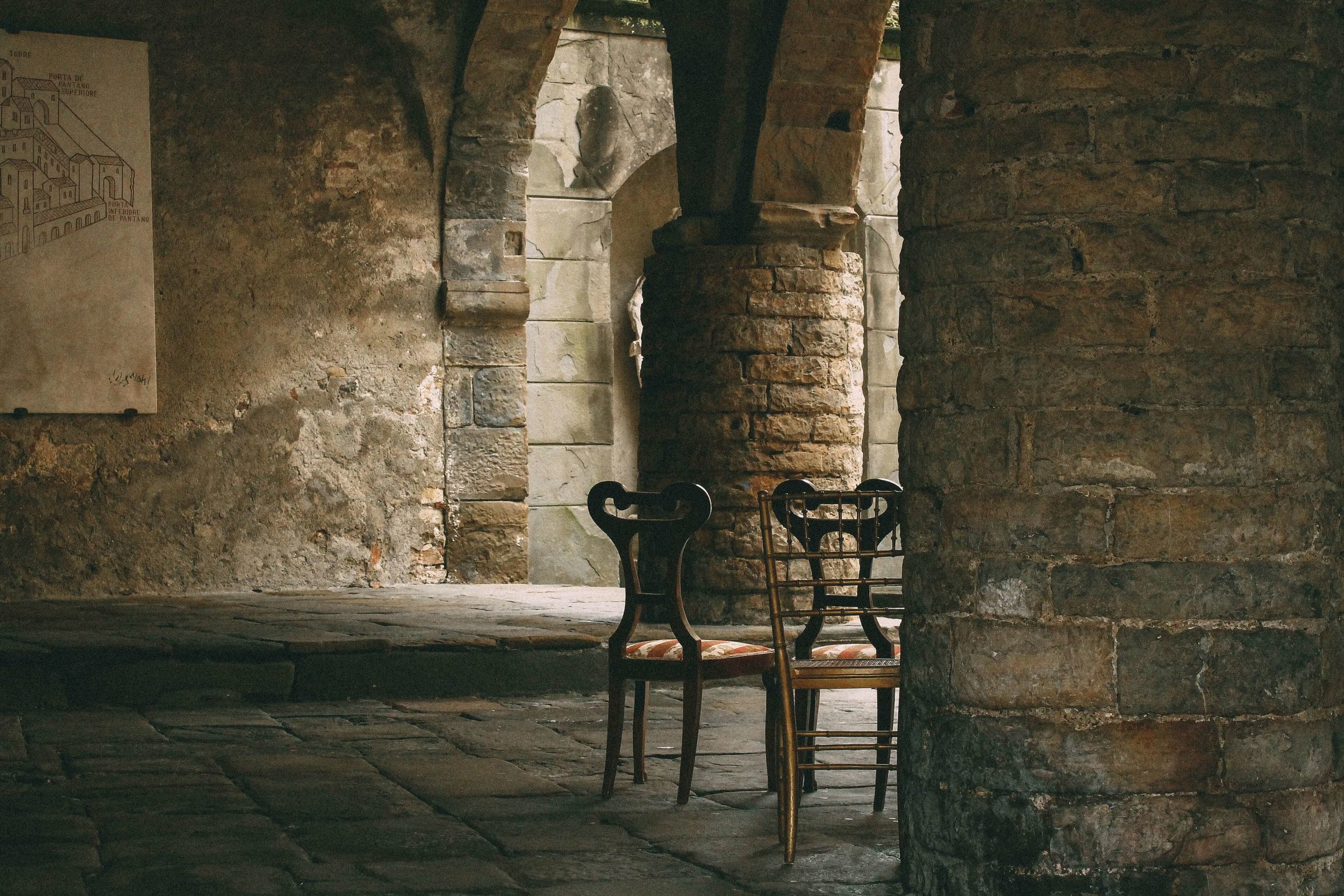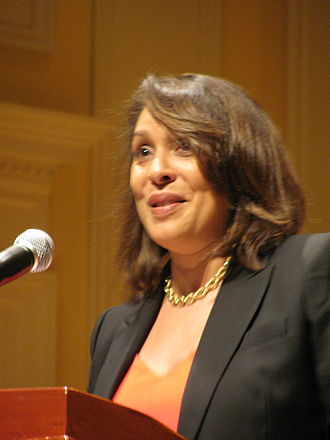An Experiment in Poetry: Natasha Trethewey Interrogates Our Past
/An Experiment in Poetry is a weekly series here at MoralApologetics.com spotlighting poets whose work points to transcendent values and encourages us to contemplate questions at the heart of the human condition.
Natasha Trethewey, former Poet Laureate of the United States, writes poetry and creative non-fiction that beautifully and sensitively traces the personal through the historical, reminding readers that events and trends of the past are not disembodied brute facts but personal realities enacted by and affecting actual people. The daughter of an interracial couple, Trethewey was born in Mississippi at the height of the Civil Rights Movement (1966); naturally much of her body of work explores how the turbulent political and cultural conditions into which she was born shaped her while they were simultaneously shaping the country.
Trethewey developed several of her six published books out of the stories of others whose lives share special resonances with her own. Her first collection of poems, for example (Domestic Work, 2000), depicts the lives of working-class people, especially calling attention to the experiences of black men and women in the South. The specific subject of this collection, and its inspiration, was her own grandmother. The poems that result invite readers to attend to those who are often-overlooked and to better understand their connection to their region and to each other.
In Trethewey’s skilled poetic hands, domesticity takes on creative and redemptive overtones; it becomes an act of stewardship responsible for recovering and maintaining no less than the whole world. “Housekeeping” beautifully captures this transformation. Despite limited resources, mother and daughter carefully restore the furnishings of their lives ravished by time:
We mourn the broken things, chair legs
wrenched from their seats, chipped plates,
the threadbare clothes. We work the magic
of glue, drive the nails, mend the holes.
Loss gives way to cultivation, and consequently, to fellowship as the pair bonds over their shared task.
But if Trethewey’s poems celebrate this life lived by her grandmother and so many others, they also lament its many terrible realities. The tragedy of racism is, counterintuitively, magnified by Trethewey’s locating its consequences in the self-understanding of a small child whose very personhood instantiates the contending social, cultural, and political forces at play. Trethewey’s poem, “White Lies,” uses the perspective of an interracial girl, a foil to the poet herself, to evoke youthful longing commingled with shame, as the speaker is caught between external assumptions and expectations about her based solely on her appearance on the one hand, and internal guilt, hope, and especially an innocence about personal identity and social belonging on the other.
Readers sympathize with the young girl, whose lineage is both white and black, embracing only the part of her ethnicity that her culture tells her is the most socially advantageous. In so doing, however, she is simultaneously denying who she truly is for the paltry pay-off of others’ approval; it’s a habit her mother realizes will warp the child’s sense of herself and have far-reaching negative consequences, some of which may already have started to take hold. It is in this light that the painful final stanza, recalling the mother’s response to the child’s deception, finds its emotional power:
But I paid for it every time
Mama found out.
She laid her hands on me,
then washed out my mouth
with Ivory soap. This
is to purify, she said,
and cleanse your lying tongue.
Believing her, I swallowed suds
thinking they'd work
from the inside out.
Readers can easily recognize in this personal conflict our larger national conflict, one that often glosses over transgression and flattens out messy historical realities. “Enlightenment” (from Trethewey’s 2012 collection, Thrall) will not let us off the hook so easily. Recounting a visit with her father to Monticello, the poet wrestles with connections she perceives between her own (white) father and Thomas Jefferson, especially her father’s defense of Jefferson’s slaveholding and his dismissal of the possibility that Jefferson fathered Sally Hemings’ children:
The first time I saw the painting, I listened
as my father explained the contradictions:how Jefferson hated slavery, though — out
of necessity, my father said — had to own
slaves; that his moral philosophy meanthe could not have fathered those children:
would have been impossible, my father said.
She wonders how far the connection between the two men goes; does her father share Jefferson’s degrading belief of black inferiority, that the race is improved by “mixture / with the whites”? It considers the calculus of a person’s virtues and vices, ponders whether “a man's pursuit of knowledge is greater / than his shortcomings, the limits of his vision.” It’s a poem of uncomfortable truth—that our fathers, both national and biological—have fateful flaws, yet have somehow still manage to impart something of worth to us.
The contradictions in Jefferson, as in our fathers, as in our country, can’t rationally be squared. We have not asked for this past that goes before us, that has etched itself on the mind’s eye, to borrow Trethewey’s words. But “Enlightenment” reminds us that it is ours to make of what we will; in this case, she chooses to find the humor, to bond with her father over laughter:
I've made a joke of it, this history
that links us — white father, black daughter —
even as it renders us other to each other.
In this and her other poems, Trethewey digs deep into our collective past, drawing out figures that she rhetorically sharpens, better for us to see ourselves, to understand others, and most of all to aspire us to hope. Trethewey offers no easy answers for how to sort through the wheat and the chaff of the stuff that lies behind and before us, but instead shows the process, the possibility of love that can transcend and rectify these faults.
Natasha Trethewey reads her poem "Elegy" from her new book, Thrall, at the Decatur Book Festival keynote address.
Links for This Week’s Featured Poems
“Housekeeping” by Natasha Trethewey
“Duty” by Natasha Trethewey
“Imperatives for Carrying On in the Aftermath” by Natasha Trethewey
“Enlightenment” by Natasha Trethewey
“Theories of Time and Space” by Natasha Trethewey










